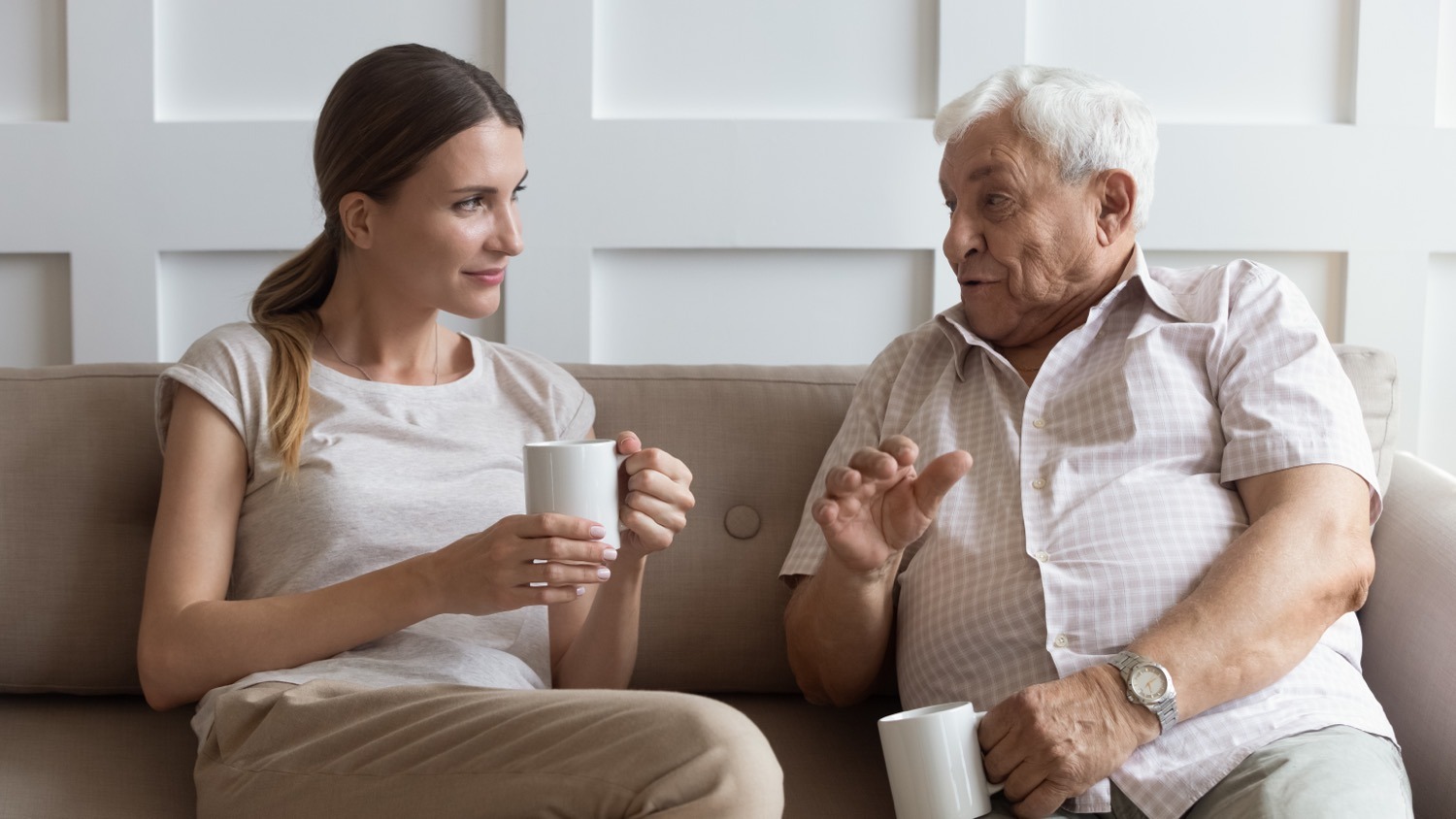While you never want anyone that you care about to get a cold, if you have an elderly loved one that has come down with a cold, caring for them and ensuring that they’re able to get well again is even more important than if a younger and healthier person were to get a cold. Especially if your elderly loved one is in an assisted living facility and already has fragile health, helping them get through this time and regaining their health is vital.
To help you in doing this, here are three tips for caring for your elderly loved one when they have a cold.
Offer All Kinds Of Supportive Care
In most cases, when someone has a cold, there isn’t much you can do to fight off this virus from a medical standpoint. What you can do, however, is offer them supportive care.
With supportive care, what you’re doing is trying to help them feel better, maintain their comfort, and keep them from experiencing any worsening of symptoms. There are all kinds of ways that this can be done. You can help ensure that they’re remaining hydrated, eating well, able to clear their sinuses and throat, managing their pain, and doing everything to keep them physically comfortable.
Keep An Eye Out For Complications
For older people, complications with seemingly typical colds can spring up very quickly. And when this happens, their cold can quickly morph into things like pneumonia, bronchitis, and more dangerous medical conditions that will require medical care.
If you begin to notice that your loved one isn’t getting better after a few days or that they’re symptoms just keep getting worse and worse, it could be worth taking them to the doctor to get them evaluated. At the first sign of complications, getting medical help can make a big difference in their overall outcome.
Balance Rest With Movement
When someone is sick, being able to rest can make a big difference in their ability to fight off whatever is happening in their body. However, for many older people, resting too much and not moving their bodies can cause them to get stiff and sore, which won’t help them feel better.
Knowing this, it’s important that you help your elderly loved one balance rest and movement when they’re sick. As they’re able to, encourage them to get up and move around the house a bit. At the very least they should be changing positions throughout the day as they rest and recuperate. This way, they can avoid things like bed sores and stiff or sore muscles and joints from lack of movement.
If you’re helping to take care of your elderly loved one that has a cold, consider using the tips mentioned above to help you both get through this time.










